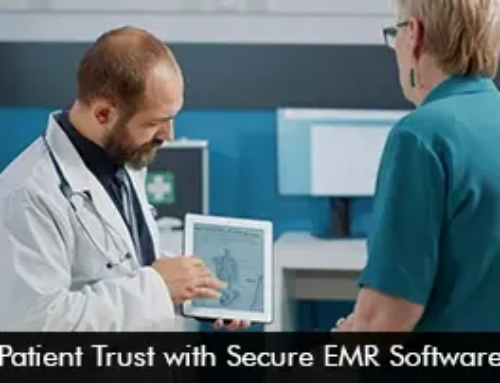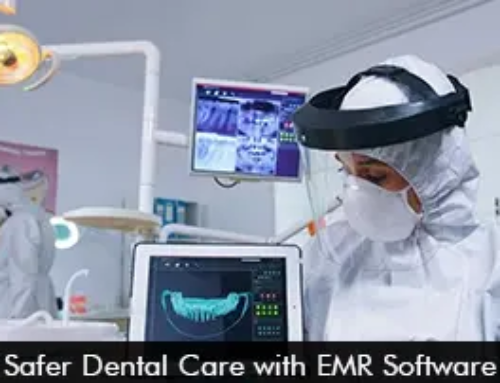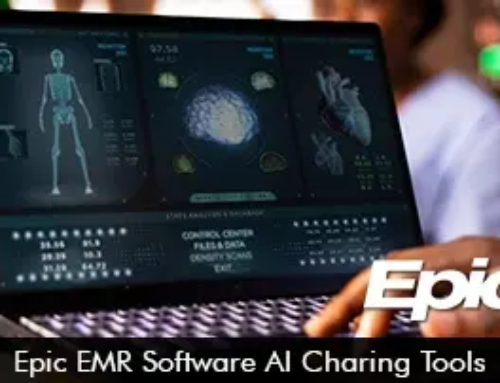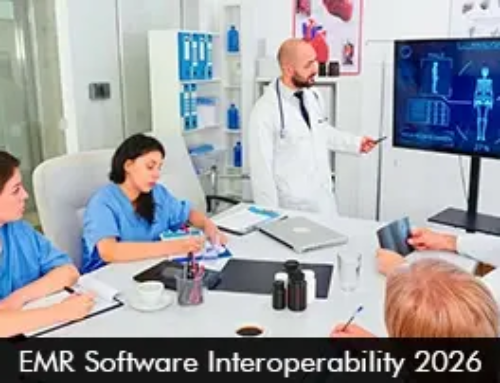If you’re a healthcare practitioner you already know how critical it is to keep precise records on all of the patients that visit you, these records provide complete medical summaries and information of past histories and ongoing care. Many hospitals and clinics are deploying electronic health records (EHR) software systems and ditching paper medical records.
Let’s start with the big debate regarding digital record-keeping and traditional data storage based on the functionalities they offer to doctors. Some practices can operate using paper records however, they would lose out in the long run as it is an outdated method to maintain patient files.
The Big Argument – Paper Records VS EMR Software Solutions
Round One: Time
The trial – Practitioners don’t want to spend long hours locating patient files and they require a need for speed when it comes to tracing files and taking patient notes.
The titleholder – Electronic Medical Records (EMR) Software
The reason – EHR Software system saves a lot of time for doctors as it is a digital manner to operate effectively. The Robust software systems allow quick retrieval of the patient lab and test results electronically. With a single click, the user can reach the desired patient file having all the important medical information that is necessary for effective diagnosis and treatment. The issues of misplaced files are eliminated and claims filing goes faster because of billing features and ICD-10 ready coding.
Round Two: Cost
The trial – Most independent and solo set-ups have less budget and saving costs is their top priority.
The titleholder – EMR Software
The reason – EMR software systems may cost you initially but in the long run, the use of electronic records will save your medical practice money due to efficient and streamlined workflow operations. Eventually, you will save on labor costs and claims will be accepted faster. Paper records are inefficient and lack features of interoperability and electronic billing solutions which can slow down daily workflows and increase costs.
Round Three: Security
The trial – Doctors need to handle protected health information (PHI) correctly and can’t afford to violate security and HIPAA laws.
The titleholder – EHR Software solutions
The reason – Most Electronic Health Records software have built-in security measures such as end-to-end encryption technology and strong passwords to protect patient data from cyber-attacks, also they grant access to authorized users. With a paper record, there is minimal security as they can be left in the wrong place and get pilfered. If the doctors and the staff members know the security protocols and use a HIPAA compliant platform then the chances of ransomware attacks reduce.
Round Four: Eligibility Verification
The trial – If providers who bank on Medicare reimbursements want to get the money they need to first qualify to submit the claims.
The titleholder – EMR Software solutions
The reason – With the updated MACRA and MIPS scoring, medical practices are assessed on their use of software features to provide enhanced patient interactions. Reimbursement qualification requires the use of electronic records technology which means paper records completely loses out in the eligibility race.
Final Takeaway
EHR Software system wins the battle with all points on the scoreboard. These robust software solutions are efficient and offer the right functionalities to streamline practice workflows. If you haven’t switched to electronic records you should leap without wasting much time.








